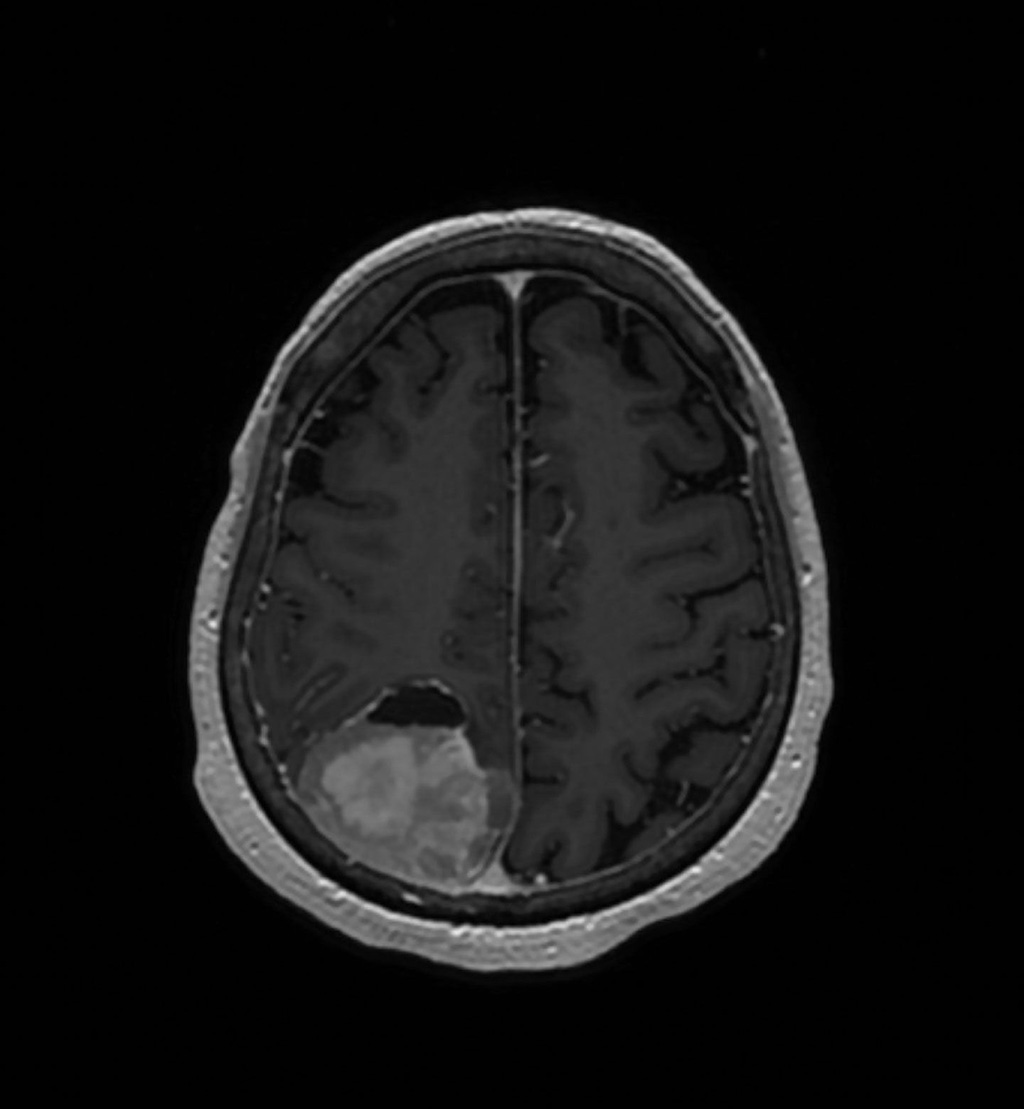New Test Predicts If Brain Tumor Is Likely to Grow Back
Posted on 27 Nov 2023
Meningioma, a brain tumor that originates in the membranes surrounding the brain, often goes unnoticed due to its slow growth. Patients typically become aware of their condition when neurological symptoms like numbness, vision impairment, or personality changes occur. Current treatment methods include surgery for tumor removal and radiation to prevent regrowth. The tumors are treated according to their categorization by the World Health Organization into different grades based on their severity. Typically, Grade 1 meningiomas don't receive radiation if they are fully removed surgically. However, about 20% of these cases see tumor recurrence. Patients with more aggressive Grade 2 and 3 tumors usually undergo radiation post-surgery, despite the potential for serious side effects like memory loss and cognitive decline. The need for radiation treatment, particularly for Grade 2 tumors, still remains questionable.
Now, a collaborative team from UC San Francisco (San Francisco, CA, USA) and Northwestern Medicine (Chicago, IL, USA), along with 10 other medical institutions, has discovered a highly effective method to guide treatment decisions for meningioma patients. This method involves analyzing gene expression patterns within the tumors. This new technique could change the treatment path for nearly one-third of meningioma patients. By examining tumor samples from 1,856 patients across the U.S., Europe, and Hong Kong, the researchers identified 34 genes whose expression patterns could predict tumor recurrence. Their findings suggest that only 20% of patients with low-grade tumors might need radiation, while 40% of those with higher-grade tumors might benefit from avoiding radiation. The next step for the research team involves validating this gene-expression testing approach in two upcoming clinical trials.

“There’s been a lot of controversy in the field in terms of who should receive radiotherapy and who shouldn’t,” said David Raleigh, MD, Ph.D., a radiation oncologist at the UCSF Brain Tumor Center. “Our biomarker takes the guessing game out of this and shows us which patients are likely to benefit from radiotherapy and which may get toxicity and possibly no benefit from radiation.”
“When to proceed with additional surgery, radiotherapy or simply to observe a small residual meningioma is not always clear,” added Stephen Magill, MD, PhD, assistant professor of neurological surgery at Northwestern University Feinberg School of Medicine. “This test adds information that can let us tailor our surgical and radiation approach to provide the best outcome for each patient and maximize both quality and quantity of life.”
Related Links:
UC San Francisco
Northwestern Medicine














